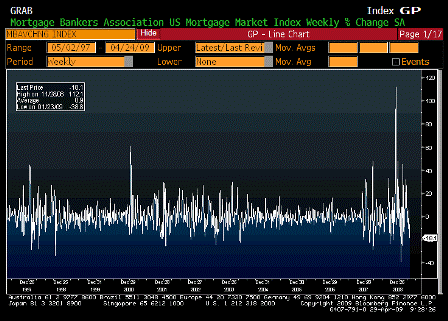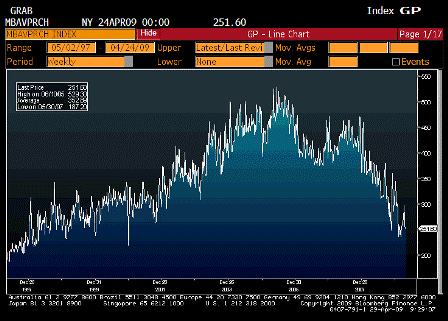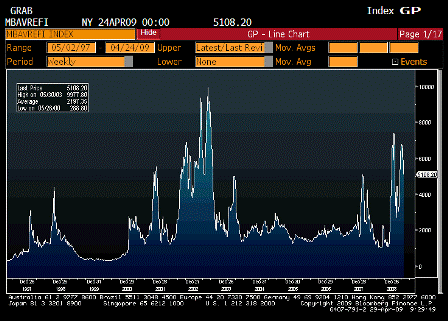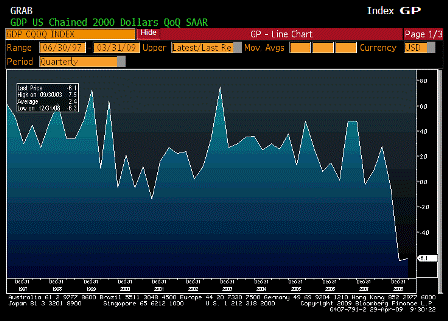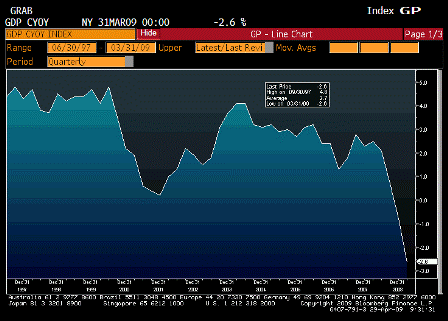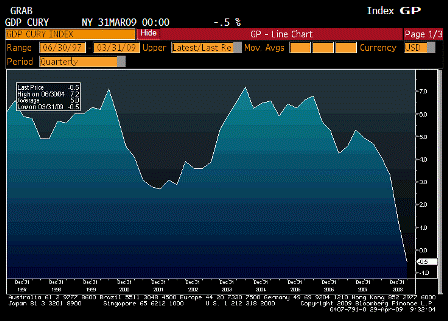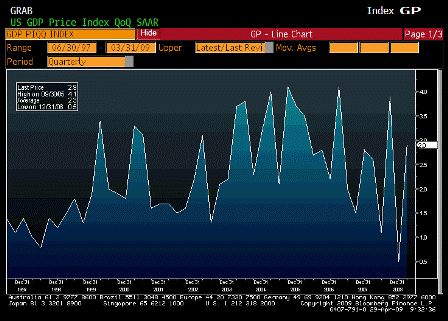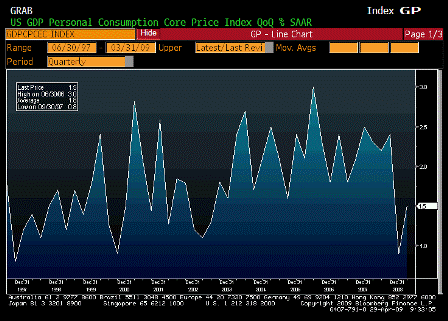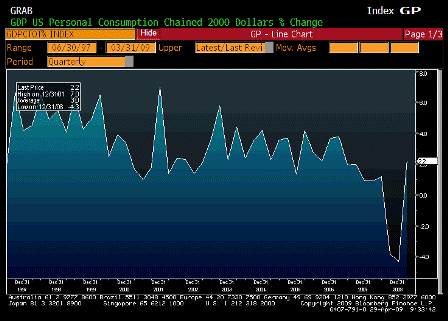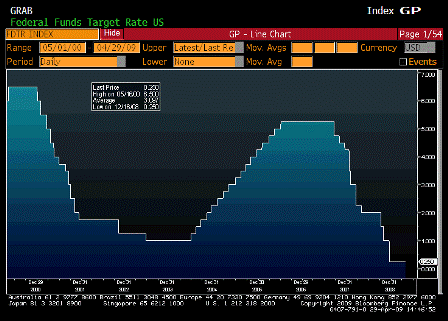Karim writes:
U.S. data on the soft side (October)
- Most notable is core durable goods orders (capex has been gwth leader of late) falling 1.8% and 3mth annual rate slowing to 4% from 7.3%
- Core shipments (more important for current quarter growth) down 1.1%
- Personal spending up 0.1%.
- Personal income up 0.4% (mostly via wages) and savings rate up from 3.3% to 3.5%
- Headline Price index-0.1% and core unchanged, so reasonable increase in real incomes. Core PCE Index now 1.5% 3mth annualized vs 2% last month
EUR Composite PMI ‘surprises’ to upside in November, rising from 46.5 to 47.2
- Interesting that manufacturing (more volatile and more of a leading indicator) much weaker than services.
- Also, German new orders fall 2.6pts to 42.6
Q4 GDP estimates in U.S. being shaved 0.25-0.50% on the data. Current range 2.5-3.25%.
Failure to extend payroll tax cut would have impact almost entirely in Q1 2012 (annual withholding ceilings typically reached early in the year)-about 1% on GDP.
European estimates are about -1.5% annualized for both Q4 and Q1. Germany among the weakest (due to manufacturing) with estimates in the -2.5% area.
PMI data in Europe has had a very good track record signaling ECB policy rate changes. This data pretty much cements another rate cut next month.

